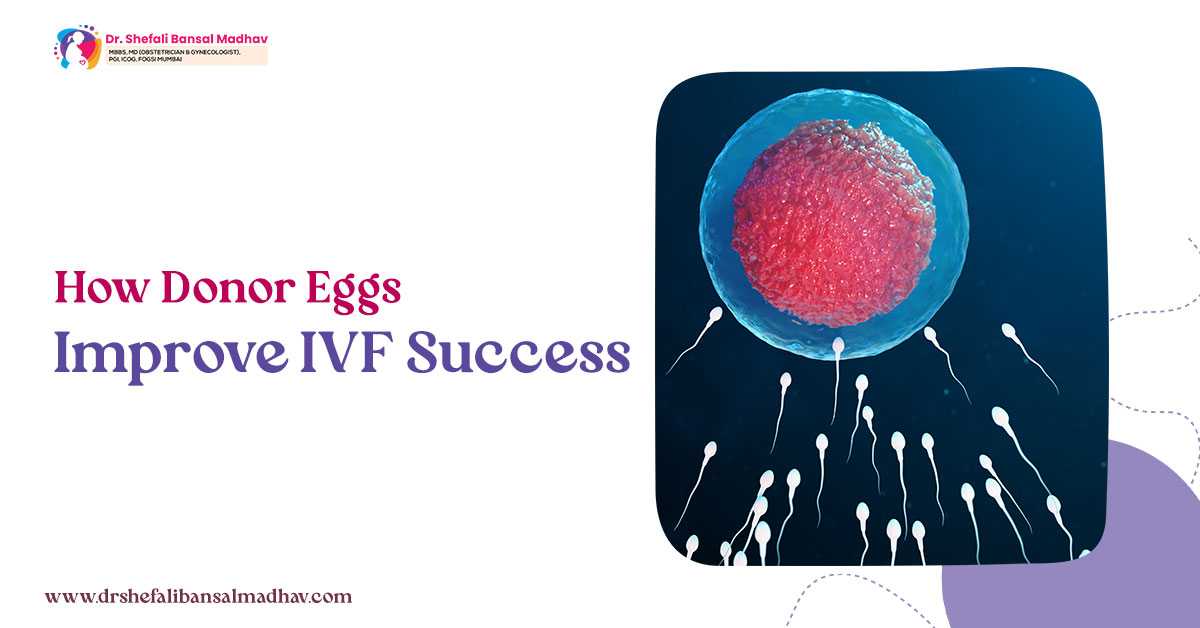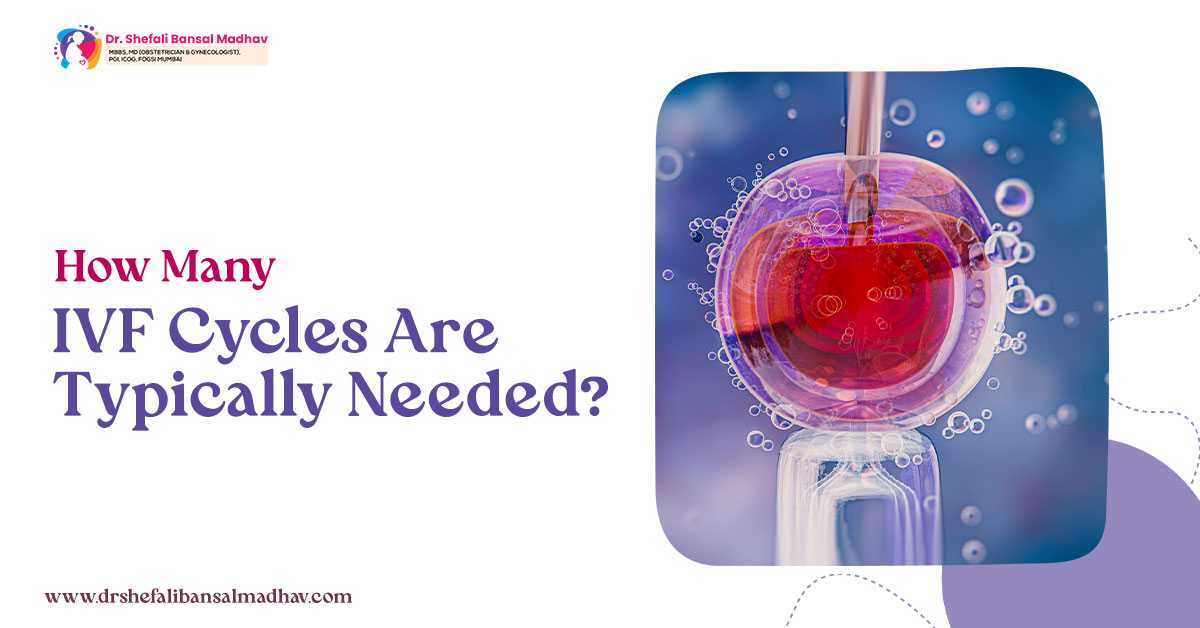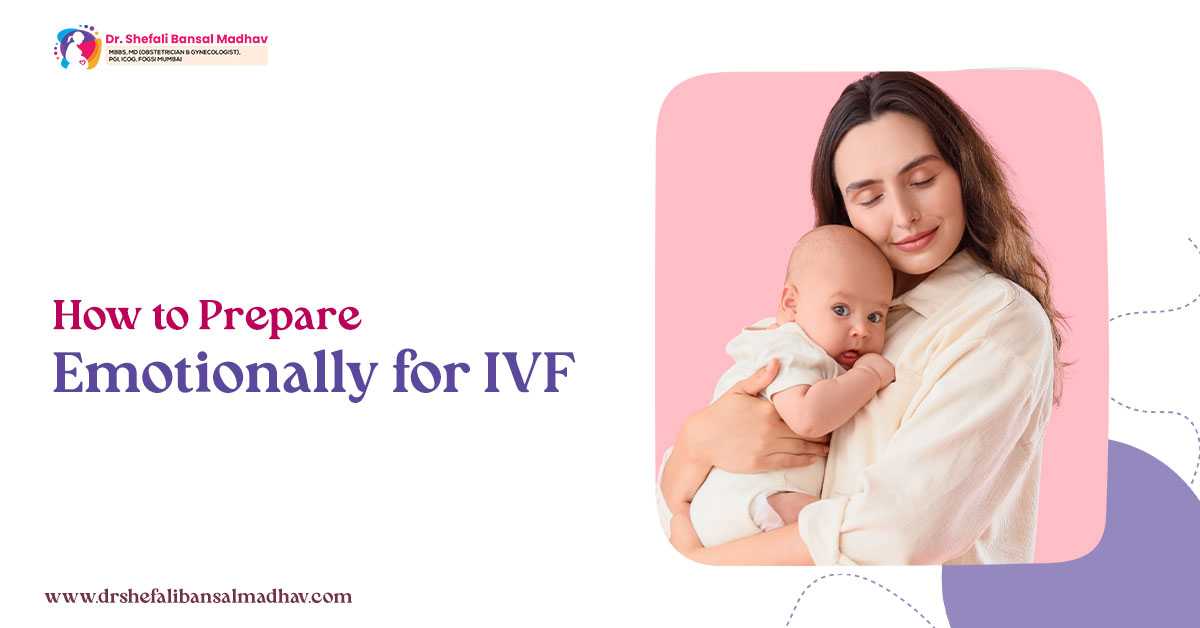Difficulty conception makes couples worried and sometimes frustrated. While most people conceive naturally, some people need expert attention. Seeing a fertility doctor doesn’t mean you have to be on medications, and natural conception is never possible. If you think you need an expert diagnosis, visit one of the best IVF doctors in Siliguri.
Many times, modifying your lifestyle can benefit you. In other instances, it may be your chronic health condition, underlying condition, or even unexplained infertility preventing your pregnancy that needs medical care.
Let’s understand when it’s time to consult a fertility specialist.
1. Overview of Fertility Timeframes
Before you consider a fertility doctor, let’s understand what is considered “normal” in fertility timelines. According to doctors:
For women under 35, conception can take up to twelve months before seeing a doctor. Around 85% of couples will conceive naturally within one year of trying through unprotected sexual intercourse.
Women over 35 should consider six months at least.Here the fertility timeline for conception is reduced. If you see no result after six months of regular, unprotected intercourse, you should see aninfertility specialist.
Age has always been a crucial factor in fertility. As women and men age, both the number and quality of their eggs and sperm quality decline. Thus, age impacts the chances of conception, interfering with pregnancy. You can visit the top infertility doctor in Siliguri.
2. Signs You Shouldn't Ignore
Some medical conditions and symptoms may indicate a need for expert attention. If you or your partner has any of the following symptoms, seeking specialized care sooner is wise. You might consult the best IVF doctor in Siliguri for comprehensive care and in-depth diagnosis.
3. Irregular or Absent Menstrual Cycles
If you notice your menstrual cycles are too heavy, or absent altogether, it may signal ovulation issues. Prolonged periods—periods longer than seven days—are typical for a lot of women.
Monthly cycle issues, light periods, or heavy periods can occur for a number of causes. Thus, it is advisable to speak with a gynaecologist. Following testing and a physical examination, your gynaecologist can determine whether an underlying issue exists.
Here are some of the most common reasons for period irregularities:
- Polycystic Ovary Syndrome (PCOS)
- Ovarian cysts
- Low hemoglobin
- Thyroid disorders
- Stress
- Hormonal imbalances
- Endometriosis
- Birth control
- Too much workouts
- Uterine fibroids
- Changes in weight
- Uncontrolled diabetes
Since ovulation disorder or problems can prevent pregnancy, seeking medical attention is recommended. Consider seeing the most trusted gynecologist near you.
4. Reproductive Health Conditions in Women
If a woman has been diagnosed with reproductive health conditions, it might affect fertility, reducing the chance of natural conception for some time. These conditions include:
- Endometriosis
- PCOS
- Primary ovarian insufficiency
- Blocked fallopian tubes
- Ovarian cysts
- Uterine fibroids
These can prevent conception or cause recurrent pregnancy loss (miscarriage). Women with previous miscarriages should always seek guidance from an expert for future pregnancy. Talk to a trusted infertility specialist in Siliguri.
5. Male Factor Infertility
Male factor infertility has a number of reasons, from lifestyle, chronic disease, and fertility issues to stress. Below are the most common causes of infertility in men:
- Low sperm count
- Low sperm movement
- Poor semen quality
- Poor sperm quality
- Stress
- Erectile or ejaculatory dysfunction
- Problems with the testicles
- Blockage in the male reproductive organs
When it comes to male infertility, a semen analysis (a medical test) can offer valuable information. See afertility doctorif you have problems with ejaculation, painful intercourse, difficulty erection, fatigue, low sex drive, etc.
6. Lifestyle Factors That May Affect Fertility
Lifestyle choices can affect your ability to conceive and increase the risk of pregnancy-related complications. Many of these factors can be modified or improved without medical attention. But changing one's lifestyle on its own isn't always beneficial. You may require specialized attention here.
- Unhealthy eating
- Stress
- Lack of exercise
- Smoking
- Alcohol or recreational substance use
- Lack of sleep or low-quality sleep
These lifestyle factors can make you more likely to face trouble with conception.
7. Prior Fertility Treatment Without Success
If you’ve already undergone fertility treatments or procedures like ovulation induction, intrauterine insemination (IUI), or in vitro fertilization (IVF) without success, consult a reputed fertility specialist to modify your treatment plan. Advanced testing and personalized treatments may improve your chance of pregnancy.
Considering expert advice is a big step. It will help you understand the health problems, how to correct and manage them, and how treatment works. Reach out to the most reliable IVF doctors in Siliguri for effective fertility outcomes.





